ASCO 2025: Focus on RCC
Advertisement
The researchers discuss their study on palliative treatment disparities in disaggregated Hispanic patient populations.
MD Candidate Komal Hombal discusses her research on patient anxiety before and after gynecologic oncology consultations.
Laura Macke, MS, FNP-C, reflects on her experiences at ASCO 2025 and the data she looks forward to telling patients about.
Data on clinical features and outcomes in the Hispanic and Latino communities with metastatic RCC are limited.
Dr. Di Meglio discussed his research on trajectories of multidimensional worry in patients with early-stage breast cancer.
Garg explained the importance of investigating disparities across racial and ethnic groups in the Hispanic community.
Dr. Loibl discusses the importance of involving nurses in breast cancer treatment to mitigate medication side effects.
Chronic GVHD can increase the risk of infections, graft failure, and multi-organ dysfunction in patients.
The open-label phase 2 clinical trial enrolled 33 patients with resectable, high-risk ccRCC.
Optimal management of non-clear cell renal cell carcinoma remains an unmet need.
While RCC is the leading cause of cancer-related mortality, early detection can greatly improve disease outcomes.
Dr. Darabos highlighted that a lack of social support in patients with cancer is associated with adverse health outcomes.
Researchers investigated if a frailty index could assess for associations between toxicity, clinical outcomes, and frailty.
Research is currently limited on how GLP-1 receptor agonists affect ICI efficacy in patients with cancer.
The phase 3 study is the longest follow-up—9 years—of a first-line checkpoint inhibitor combination in advanced RCC.
Palliative care researchers discuss breast cancer palliative care disparities among Hispanic subgroups.
Researchers predicted that sMAdCAM-1 could be used as a prognostic biomarker in ICI-based therapy for patients with mRCC.
Patients with ccRCC were randomly selected to receive pembrolizumab or placebo and categorized by risk for metastasis.
Oncology social workers performed resource-intensive screening to assess distress in patients with gynecologic cancers.
Demographics, regional trends, and disparities in endometrial cancer-related mortality for women in the US were investigated.
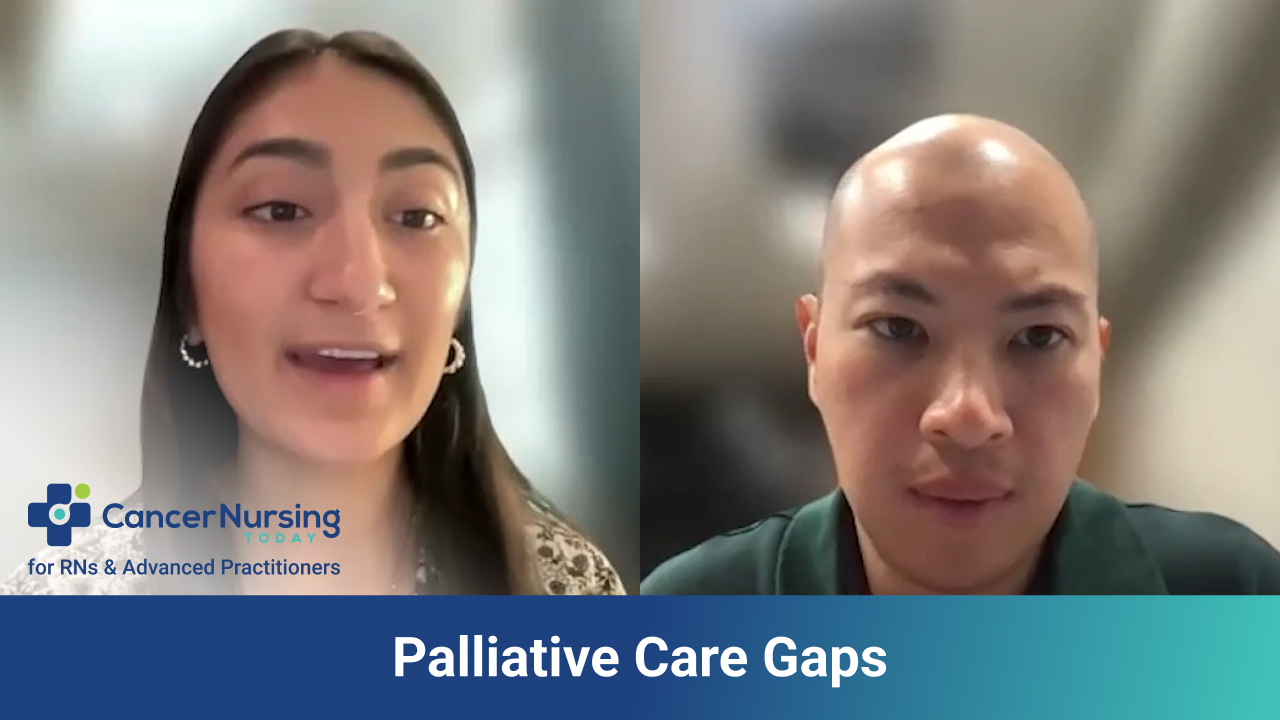
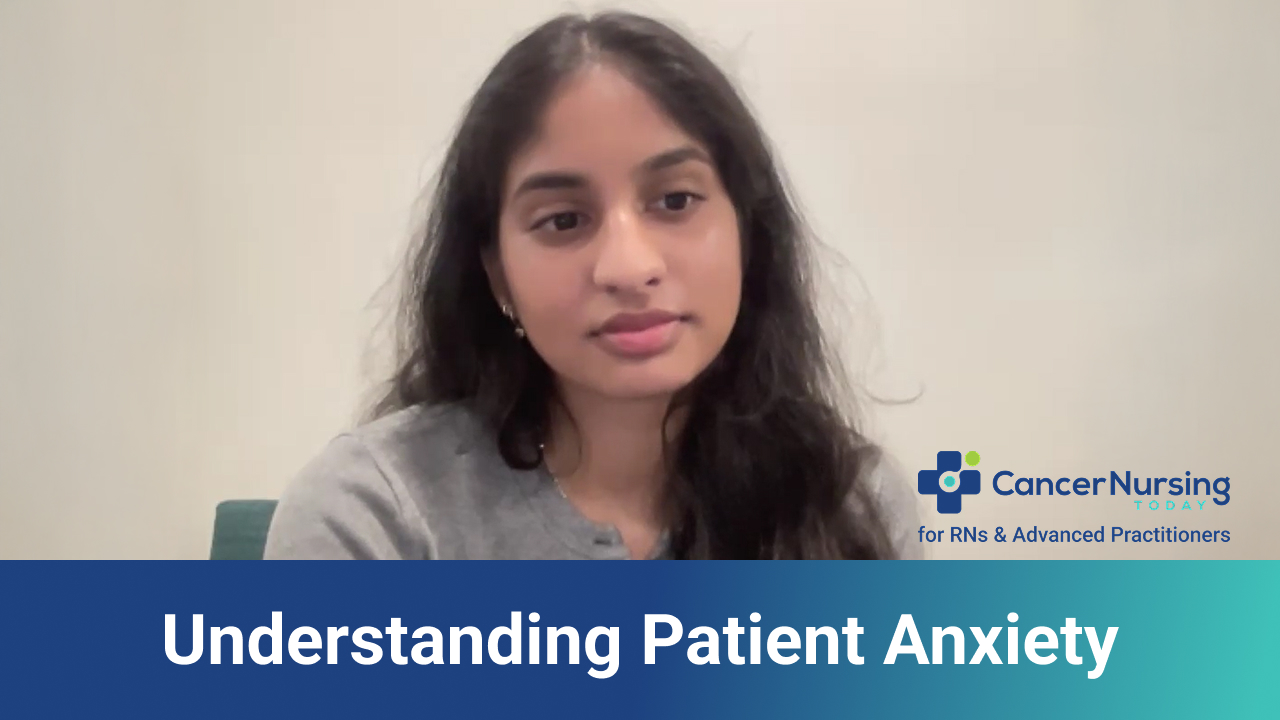
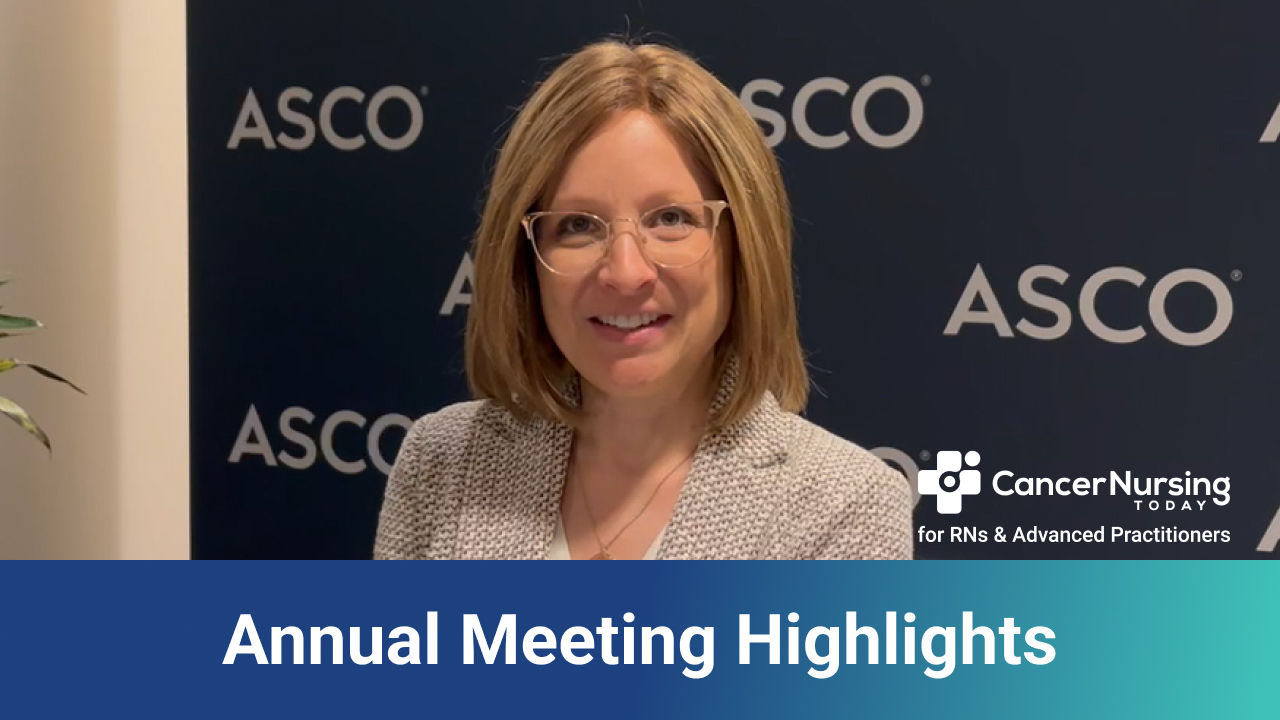

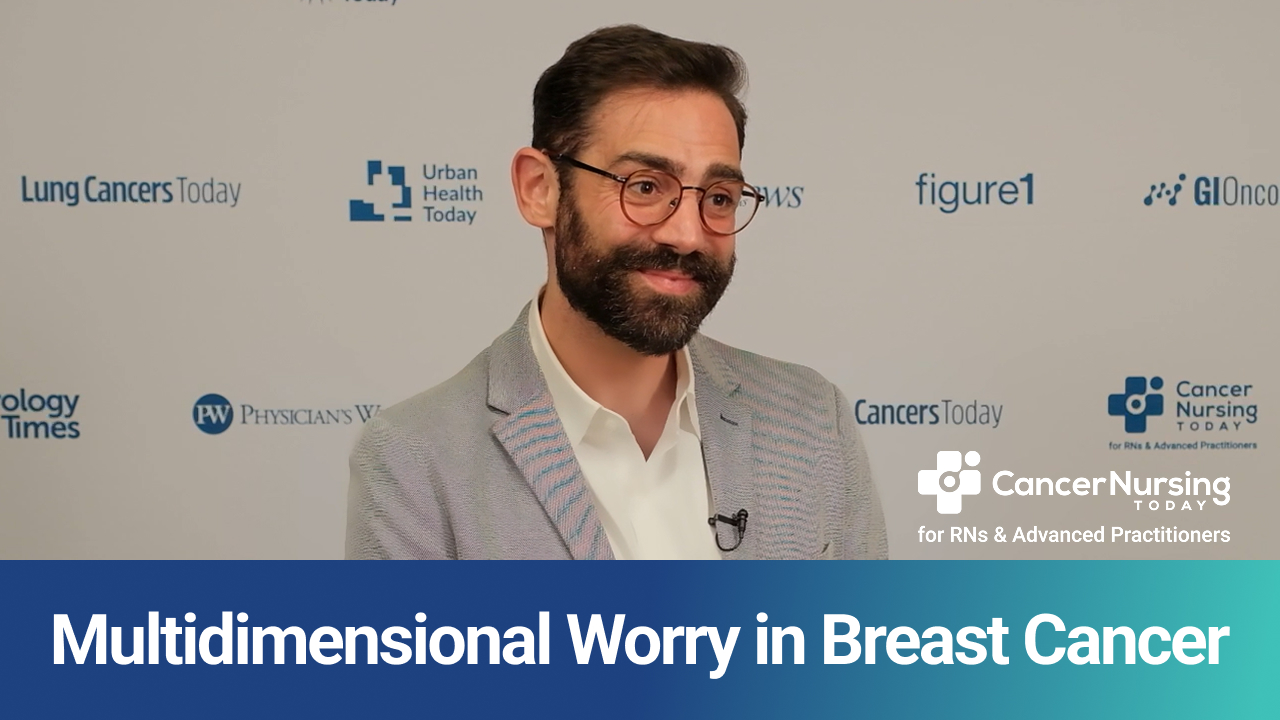
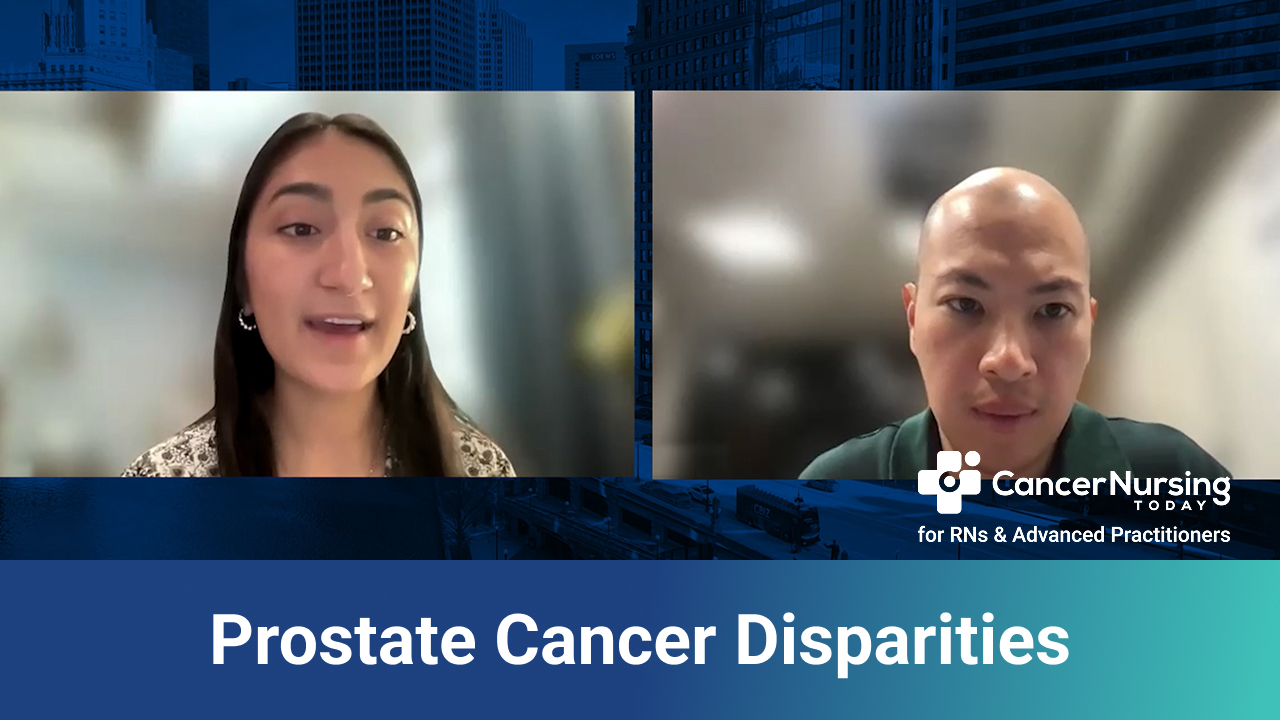
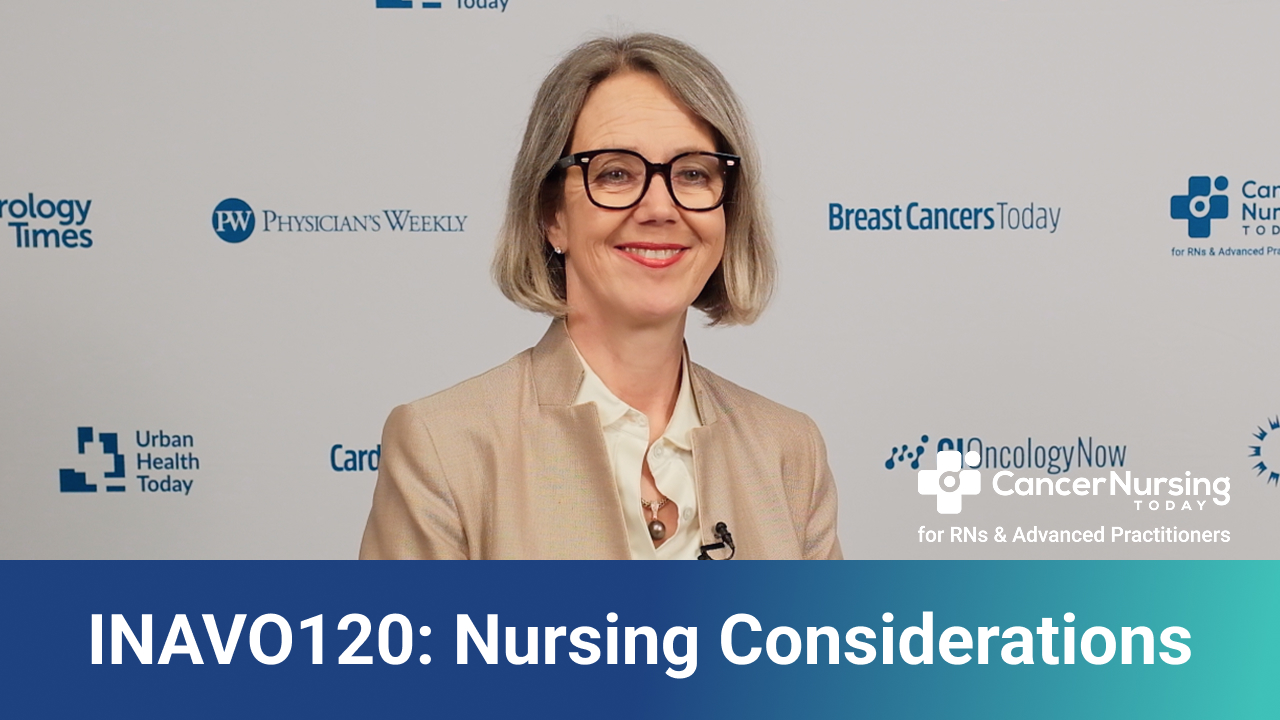


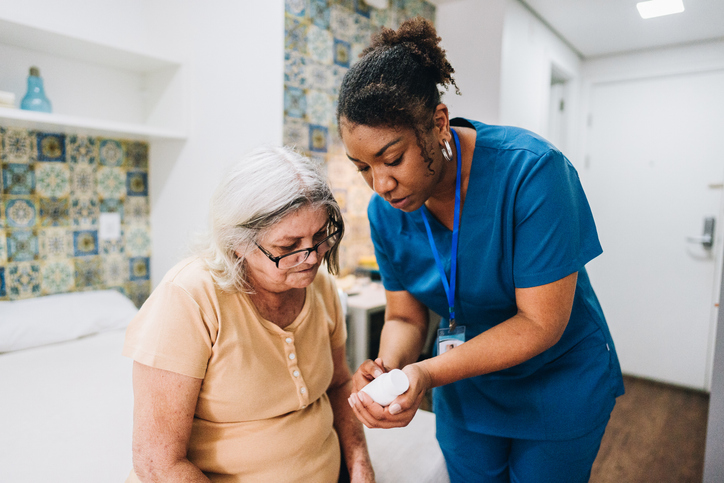

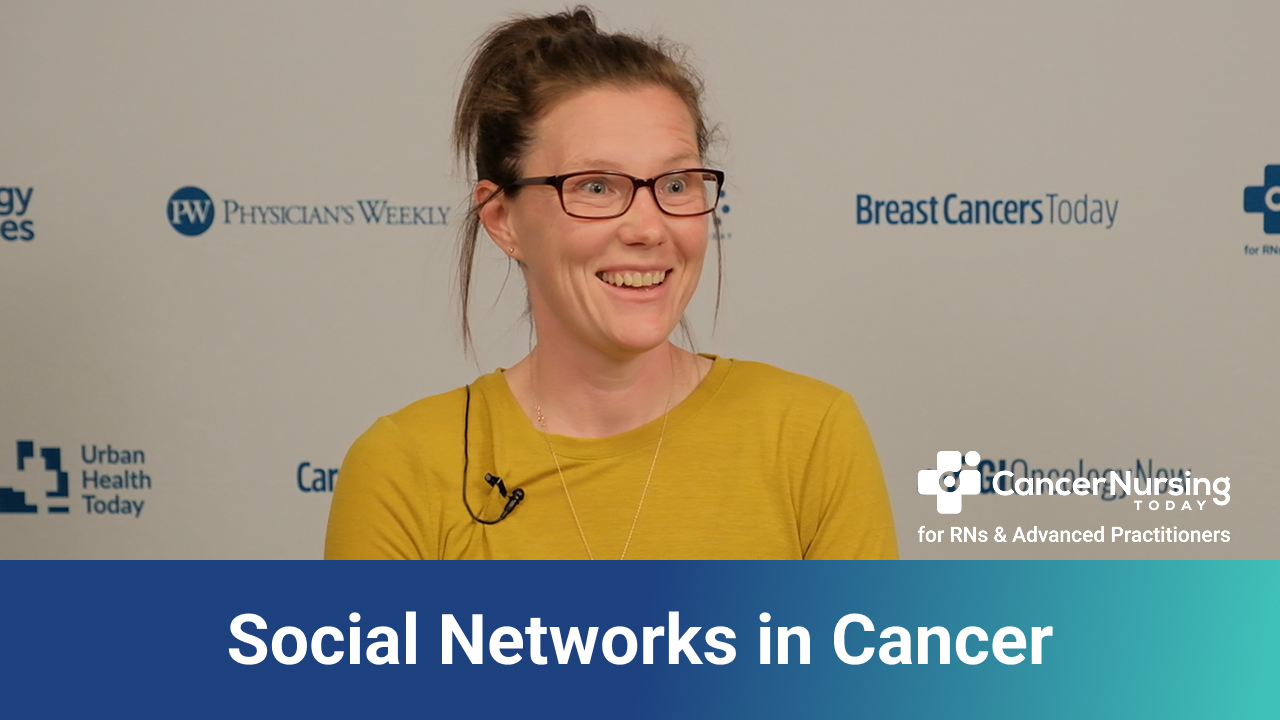
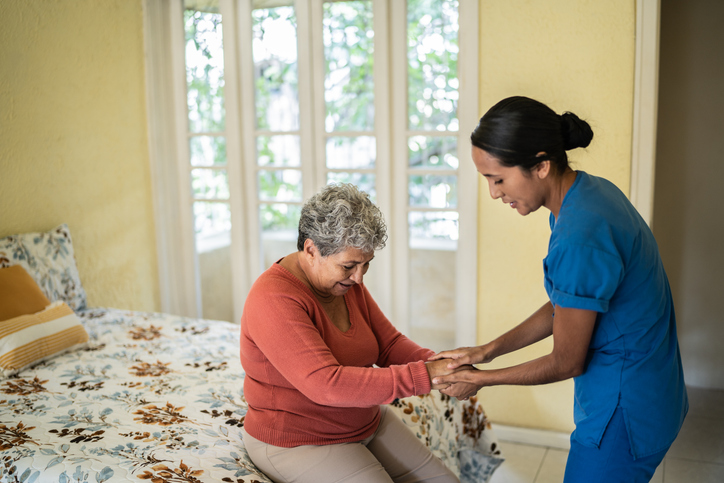


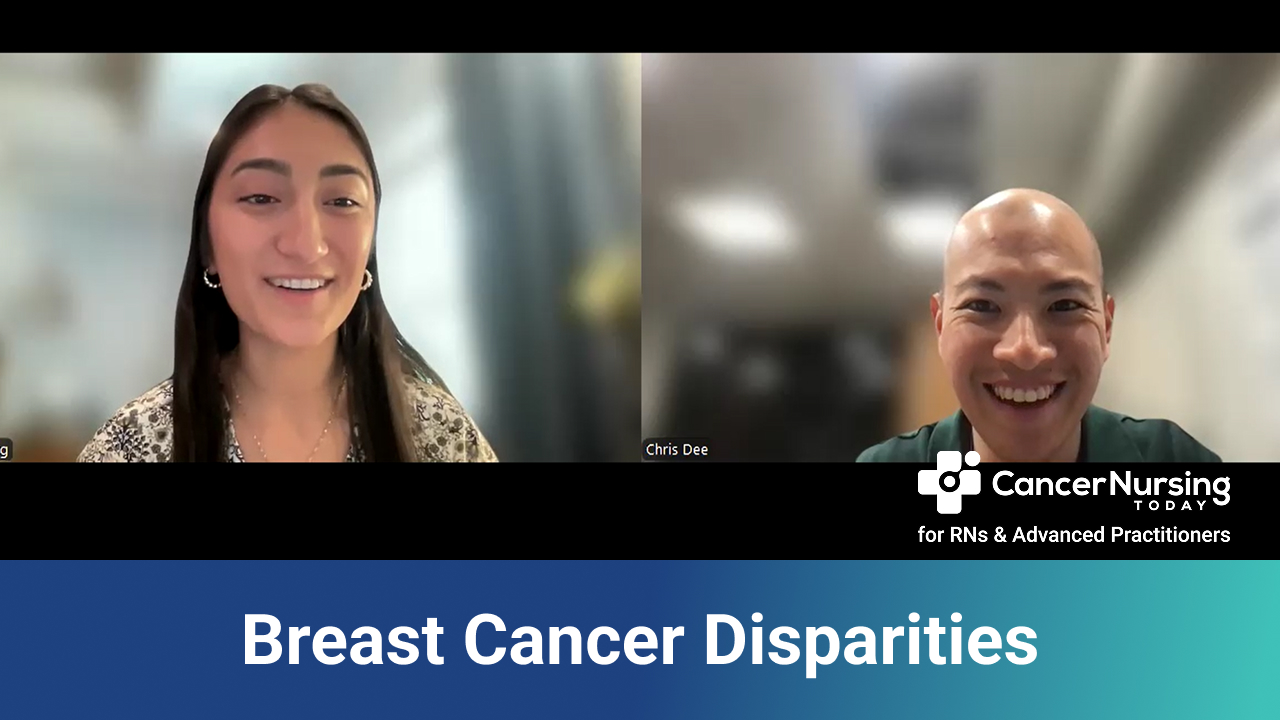





 © 2025 Mashup Media, LLC, a Formedics Property. All Rights Reserved.
© 2025 Mashup Media, LLC, a Formedics Property. All Rights Reserved.